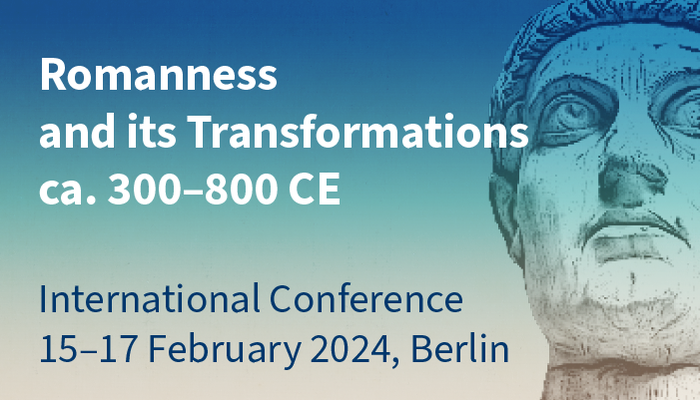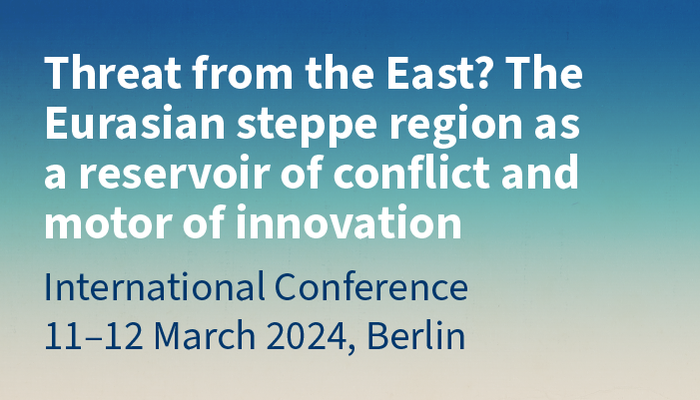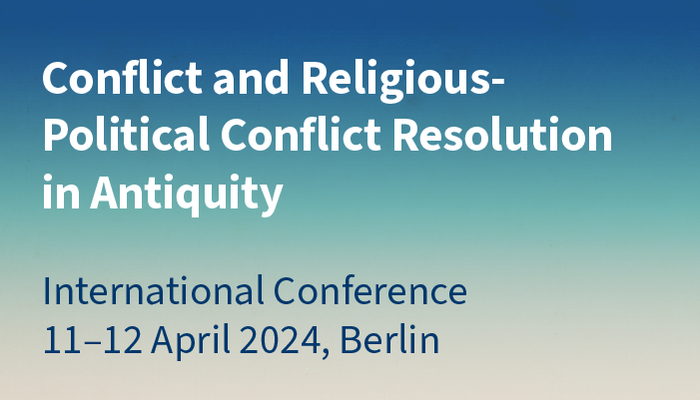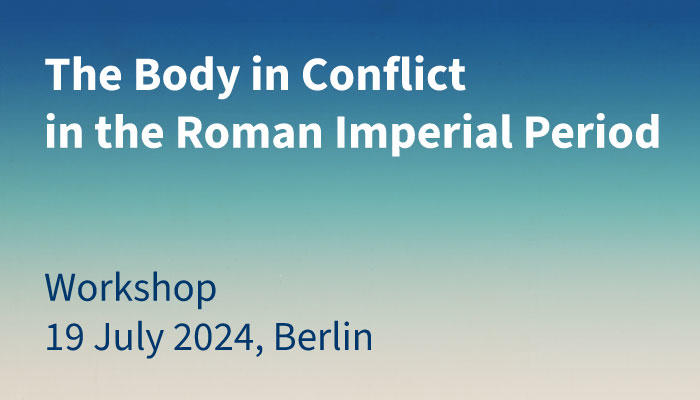The annual theme 2023/24 will take a closer look at conflict configurations taking shape in the Ancient World when two or more social entities (e.g. individuals, groups or states), with opposing interests, values, opinions or objectives of the various parties/groupings, come up against one another. However, the inquiry exploring this annual theme will focus not on the conflicts themselves but rather on how the parties deal with them, the strategies they use to resolve (or escalate) them, in short, on cultures of conflict. Projects addressing this theme will also consider whether it might be possible to apply the findings from research – insight gained into the skills that historical societies used in dealing with conflicts – to good effect in connection with the challenges of the present day. A range of methods will be used for this, including some drawn from modern social and political sciences and conflict studies. Researchers will also seek contact with partners from outside the academic/research domain.
The following questions will be asked in this context: What factors contributed towards enabling the escalation and resolution of conflicts? What specific conditions (for instance, environmental conditions) encouraged the outbreak of conflicts? What attempts were made to prevent conflicts from erupting? Did the escalation of the conflict further the interests of any social entities other than those actually party to the conflict? Is it possible to reconstruct set patterns? What options for conflict resolution did the parties involved have at their disposal, and how were they used? Were there specific persons or institutions that were called in for the purpose of conflict resolution? Did people assume that there were supernatural causes for the conflict and/or did they rely on divine persons being able play a role in its resolution? What positive effects did the conflict’s resolution have for those involved? And finally, how were the conflicts and their resolution portrayed and reflected (upon) in texts and images?
Until May 2024, the BAK is funding four exciting projects that address our annual theme from different perspectives.

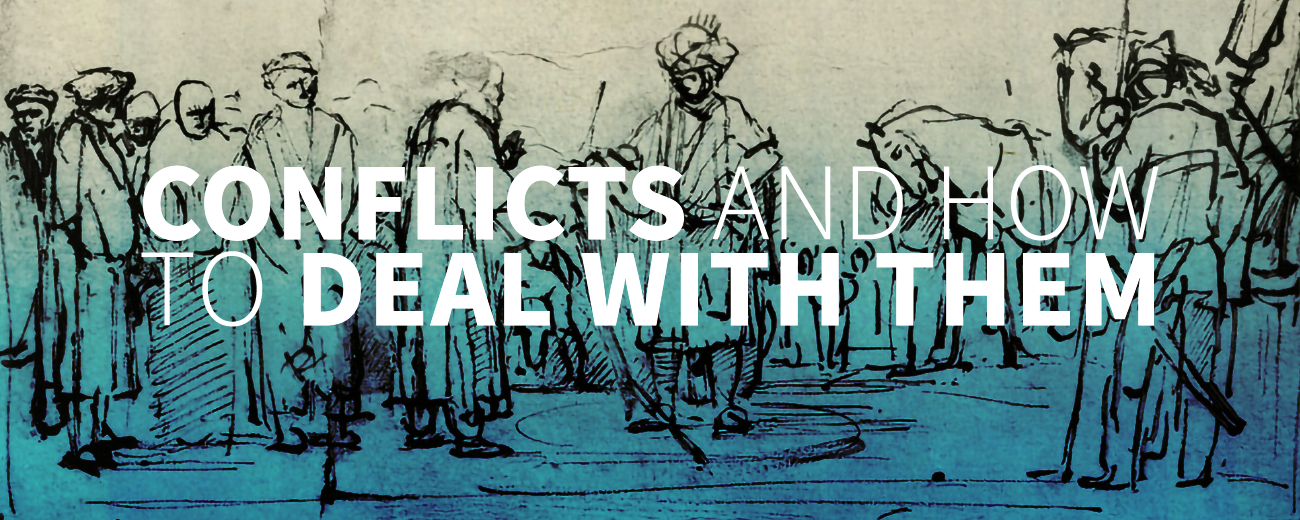
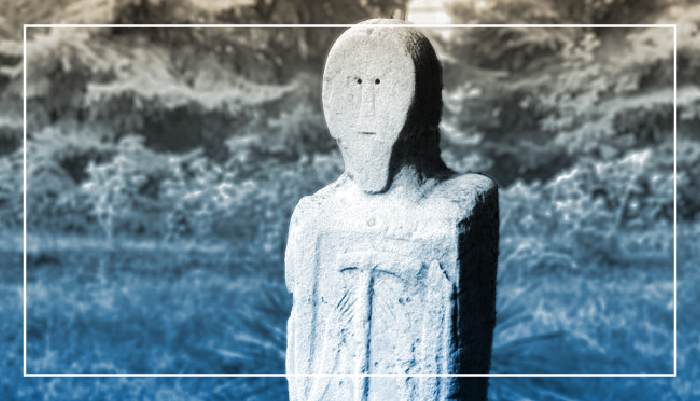
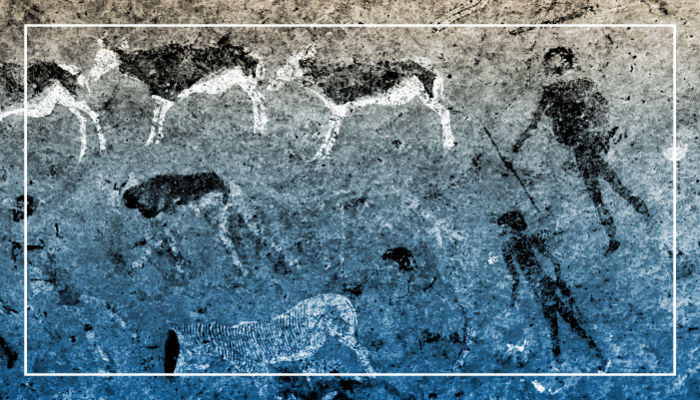
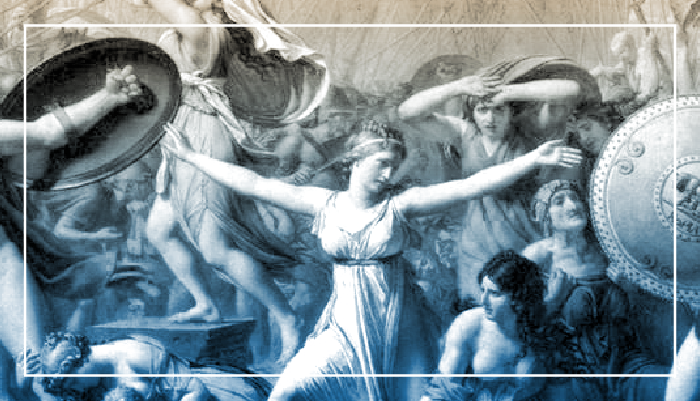
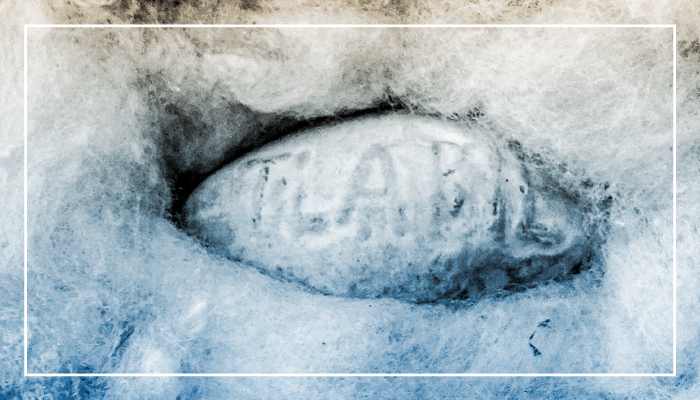






![Auftaktveranstaltung zum Jahresthema 2023/24 "[Mit] Konflikte[n] umgehen"](/services/medien/_bilder/start_konflikte_auftakt.jpg?width=700)


